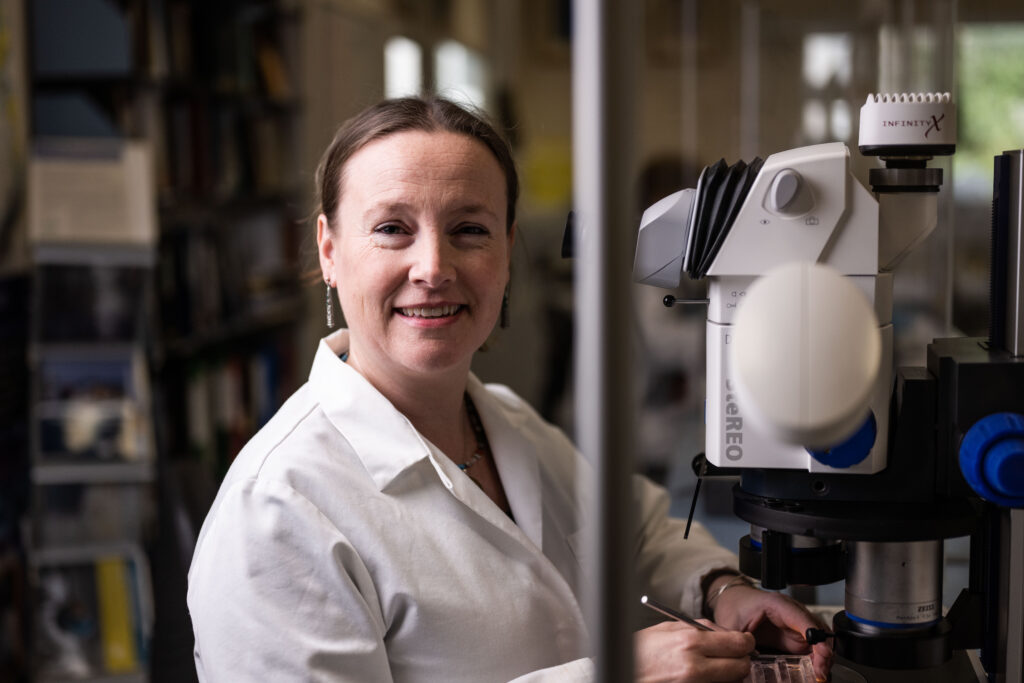
With 2023 on track to be the hottest year on record, scientists are working to understand and predict how these extreme temperatures will affect marine life.
BBC Countryfile visited the CPR Survey to discover how plankton are an essential part of life both above and below the waves, and how warming temperatures will affect our ocean.
Rising ocean temperatures caused by climate change are driving unprecedented changes in global marine ecosystems. The rate of this warming has increased significantly in recent years, with the added stress of marine heatwaves also occurring – together these pose serious risks to marine life.
Researchers at the CPR Survey are working to understand how and where ocean temperatures are increasing, and the impacts these changes are having on the wider marine ecosystem.
BBC presenter Tom Heap and his team visited the MBA to learn more about the CPR Survey, the longest running and most geographically extensive marine plankton sampling program in the world.
Plankton is the name given to the generally microscopic algae (phytoplankton) and animals (zooplankton), that drift with the ocean’s currents. Despite most being invisible to the naked eye, they are of vital importance, supporting almost all life in our oceans.
Senior Plankton Analyst Marianne Wootton said: “Plankton are the unsung heroes, not just of the ocean, but probably the planet….Near enough all marine animals in the ocean rely completely on plankton, either as a food source, directly or indirectly, or they are plankton themselves.”

Continuous Plankton Recorders are mechanical devices that are towed behind merchant vessels, collecting plankton on a moving bank of silk. Seawater enters the front of the CPR and is filtered through a band of fine silk mesh, which collects the plankton.
The silk mesh is then sent back to the labs in Plymouth and are painstakingly analysed by the skilled Plankton Analysts using light microscopy.

Research using CPR Survey data has shown that the distribution and abundance of some plankton species is changing in response to increasing sea surface temperatures. Species that are adapted to colder temperatures are being pushed northwards towards the pole, while species that are more suited to warmer waters are replacing them.
Long-term datasets, like the CPR Survey, are rare, but provide vital information on the health of our ocean. The Survey helps shape scientific understanding about the state of marine environment and how marine ecosystems are changing in response to pressures like climate change.
Since 1931 almost 300 ships have travelled more than 7.2 million miles towing sampling devices that capture plankton from the ocean. In 2020, Guinness World Records recognised the CPR for having logged the greatest distance sampled by a marine surveywith over 7 million nautical miles.
The survey reached its milestone 90th Anniversary in 2021 and has helped shape scientific understanding about the health of our ocean, and how marine life is changing in response to pressures like climate change.
Watch the Countryfile episode onBBC iPlayer.


